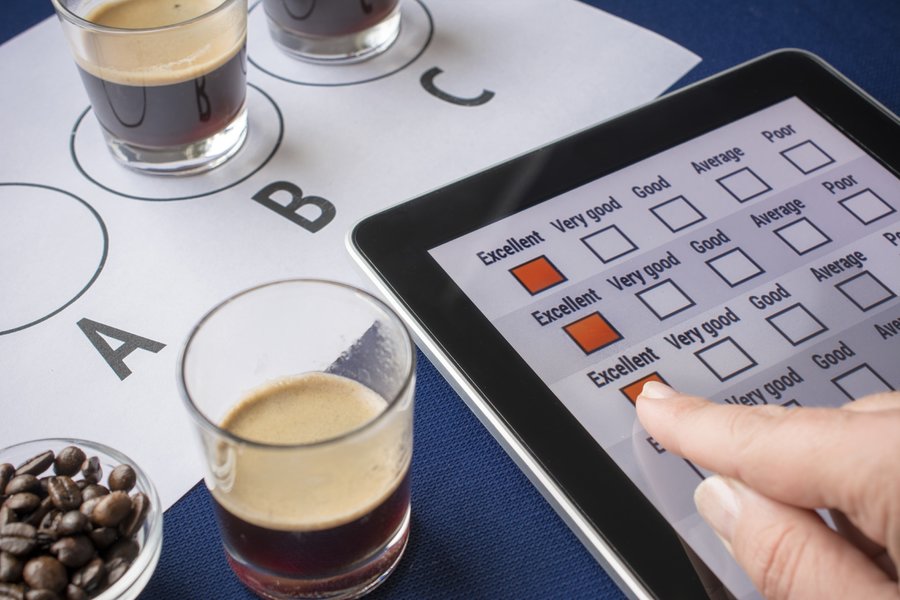ISO 39713 Sensory Profiling in Bakery Foods
The ISO 39713 standard provides a structured approach to sensory profiling, enabling the characterization of bakery foods through detailed evaluation. This service is essential for quality assurance and product development in the food industry, ensuring that products meet consumer expectations while maintaining regulatory compliance.
Sensory profiling involves systematic analysis of sensory properties such as texture, aroma, flavor, appearance, and mouthfeel. For bakery products, this process helps identify unique characteristics that contribute to brand identity and customer satisfaction. The standard outlines methods for collecting consistent data from trained panelists to evaluate samples objectively.
The service begins with thorough specimen preparation, ensuring each sample is representative of the product being tested. This includes considerations like temperature control, packaging integrity, and uniformity across batches. Once prepared, the samples are presented to trained sensory analysts who rate them based on predefined criteria.
Instrumentation plays a crucial role in this process. While not all tests require advanced equipment, some may involve using devices such as colorimeters or rheometers for more precise measurements of physical attributes. However, much of the evaluation relies on human perception, which is highly skilled and standardized according to ISO 39713 guidelines.
The resulting data from sensory profiling can be used in various ways. It informs product development by highlighting areas where improvements are needed or opportunities for innovation exist. For quality assurance teams, it provides a benchmark against which future batches can be compared, ensuring consistency and reliability. Compliance officers benefit too, as sensory profiling helps ensure that products meet both internal standards and external regulations.
| Standard | Description |
|---|---|
| ISO 39713 | Sensory Profiling of Foods |
| ASTM E2684 | Sensory Evaluation of Food Products Using a Sensory Panel |
Why It Matters
The importance of sensory profiling in bakery foods cannot be overstated. Consumers have increasingly sophisticated palates, and they expect consistency across all purchases. Sensory profiling helps manufacturers meet these expectations by identifying subtle differences between products that could affect consumer preference or loyalty.
- Enhances Product Quality: By pinpointing specific sensory attributes, companies can enhance their offerings to better align with market demands.
- Improves Customer Satisfaction: Consistent quality leads to higher customer satisfaction and repeat purchases.
- Aids in Compliance: Ensures that products meet not only internal standards but also any relevant food safety regulations.
Applied Standards
| Standard | Description |
|---|---|
| ISO 39713 | Sensory Profiling of Foods |
| ASTM E2684 | Sensory Evaluation of Food Products Using a Sensory Panel |





